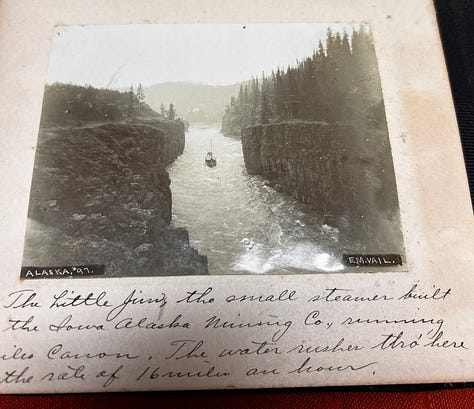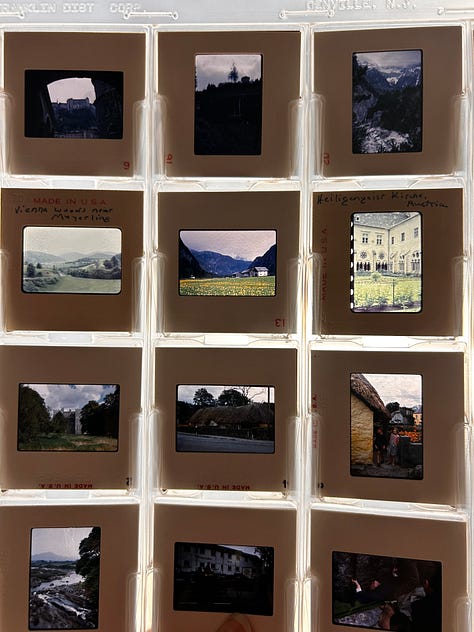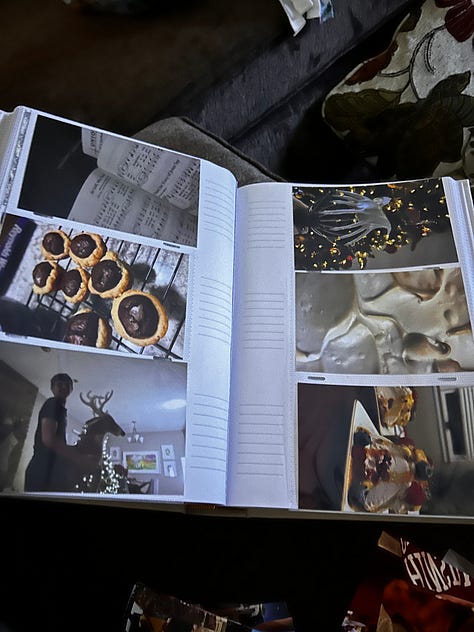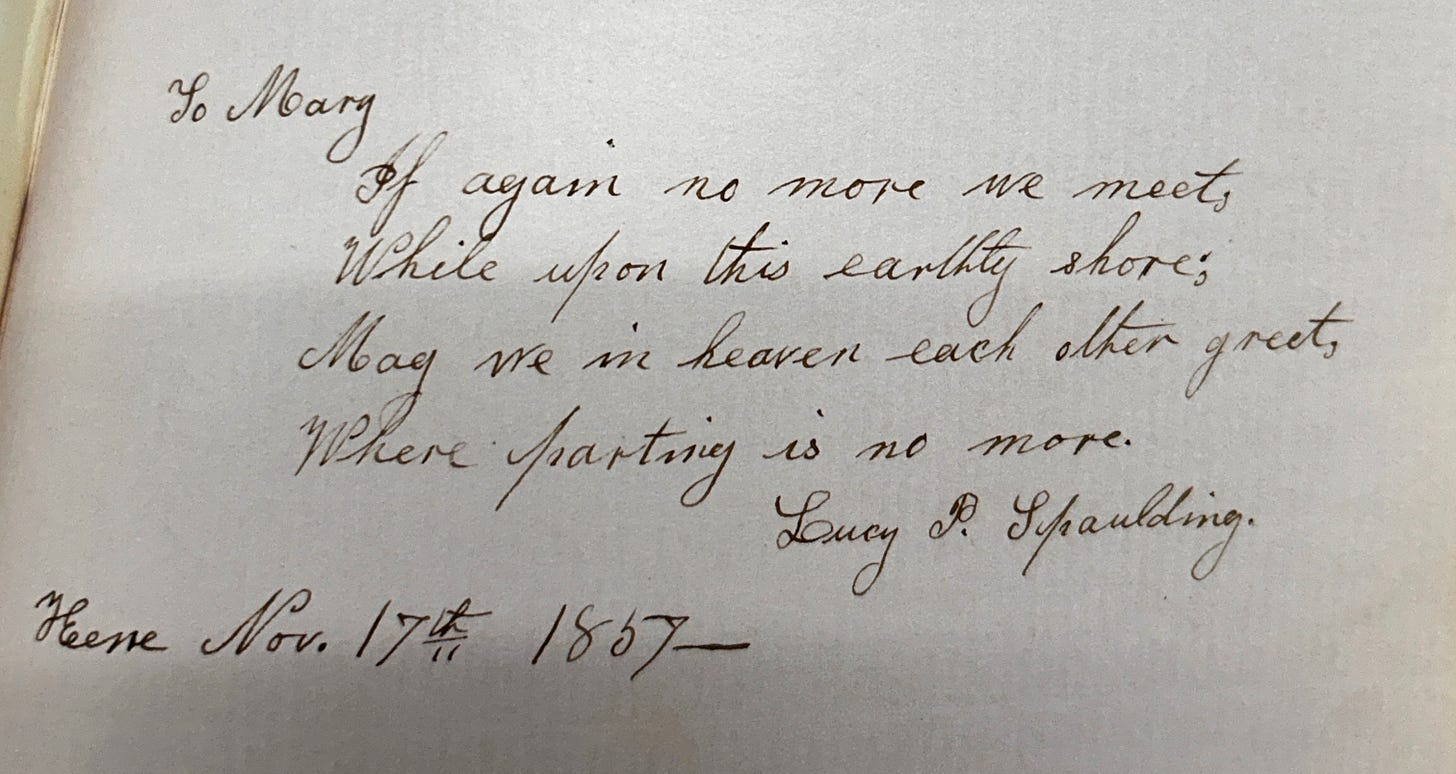I turned in all of my grad school applications yesterday. I did it! I am tired and I am proud.
Sometimes, when my own world felt too exhausting to write about, I would visit the University of Iowa Special Collections. For those of who don’t know— most “Special Collections” consist of notes, letters, books, writings, photographs and other relics of deceased and otherwise remarkable individuals.
Usually, if someone has a connection to a particular place, their work is likely to land in the special collections there via gift or death. For example, the man who wrote Mad Men, Matthew Weiner, has gifted original drafts and manuscripts of his hit-television series to the University of Iowa special collections because he was a student here.
From pastors to poets, government officials to farmers— their personal information sits tight— untouched— bound in big boxes, in the special collections. That is, until someone comes along and unearths them. Looking back on my semester, I am quite fond of the mornings spent at special collections. The librarians enjoyed my visits, too, I’d like to think. Though maybe they were just happy someone was stopping by.
I would spend hours hunched over documents, reaching into boxes which smelled like my Grandma’s cement basement, and sift through the life’s work of various individuals. This practice gave me so much— if not lines, ideas, or moods to capture in my poems, I would, at the very least, walk away with fascinating concepts to ponder.
While I disentombed all kinds of things, I would like to spotlight a few excerpts and direct quotes from letters sent between lovers, siblings, and parents which have stuck with me. I’ve drawn a simple conclusion: we’re all the same, none of this is new. I loved watching how the arrangement, verbiage, and emotional aptitude evolved throughout the centuries and lives in the archives. These are a few of the things we’ve said to each other…
- “Piecing the family back together is a hectic business.” 1987, Mary Schideler
Written in a personal letter to her sister, Mary Schideler, in 1978. These two sisters passed many passionate (and sometimes hostile) letters to the other over the course of their lives. There seem to have been a few years they seldom spoke. They suffered from the loss of their beloved father in their early twenties and worked on navigating forgiveness with their depressed mother and each other over the course of four decades. There was a stark difference in the letters these sisters exchanged in the late 1940s and the letters they’d sent to each other in the early 80s. These sisters grew together, and I found a lot of peace in watching their turbulent relationship evolve into something kind, honest, and loving. Mary was a pastor, and I enjoyed reading her handwritten sermons.
- “If again no more we meet while upon this earthly shore, may we in heaven each other greet where parting is no more.” 1857, Relative of Mary Bywater Cross
This was written on a scar of paper in beautiful cursive. Nearly two hundred years old. It made me think of all the souls we’ve met throughout our lives and the people we may not see again, but whom we will carry with us everywhere we go. The impact of love. Whether in the 1800s or 2000s.
- “Perhaps we have lost some special sense of time, in growing up.” 1951, Jacqueline Kennedy
Jacqueline wrote this in a letter to her mother after spending the summer abroad, prancing around Europe with her sister. The pair were in their early twenties at the time and marveled at how packed-with-experience their days were during this trip.
- “Every human is a totem pole.” 1961, A.M Fine
Albert. M. Fine was an artist particularly fond of poetry, printmaking, and music. He wrote this quote in a letter sent to his father, speaking on the impression his peers at the Juilliard School of Music left on him. Fine was a curious (if not suspicious) guy, who cut-out clippings of emergency situations posted in the newspaper: from missing children and bombings to petty car theft and department store robberies.
- “A bear could take a life with one sweep of a paw.” 1897, E.M. Vail
E.M. Vail was an explorer and photographer, particularly fond of the great American West. I read a letter he wrote home to his wife and children, depicting a near-death encounter with a Grizzly Bear somewhere in Alaska. He was helping the Iowa-Alaska Mining Co. build a steamboat and often scampered off to take photos during his downtime. Time and time again, he’d find himself humbled by nature. He spent his entire life this way, catching odd jobs out West and venturing off whenever possible. His wife wrote him a letter once asking, “will you give up the wandering act?” and he wrote her back, responding, “I mean to, but the mountains are a part of me now, I fear.” Get a load of this guy, Chris McCandless!



- “Without Sharing, the human race would have evolved no further” 1940s (date undocumented), Constance Frick Irwin
Constance worked as a spy and a liaison for the US Navy during World War II. She completed many of her tasks overseas, and while this quote was not written in a letter home (she was doing spy-things she couldn’t discuss with others; I’d imagine) this thought was written in a notebook she took on her travels during the war. Decades later, a more mature Constance expanded on this idea in a riveting essay she wrote and published. “Without sharing, the human race would have evolved no further.” What an interesting thought.



It’s important we not let physical media die.
Keep a notebook. Write someone. Print your photos out, annotate them. Mark your life down somewhere. Keep the progress physical. Because while the vessel may pass, the recorded mind lives on.






I'm so happy to know yoU!
Juju, your resourcefulness and drive are a pleasure to read about.